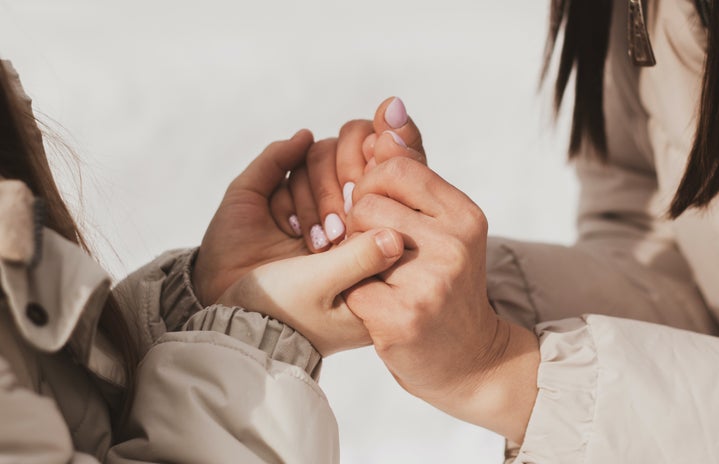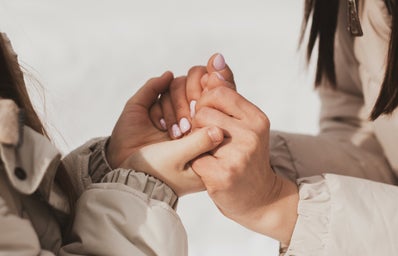Relationships are scary… at least to me. In my life, I’ve only been in one relationship. It lasted around two years and until we broke up, and I believed it was very healthy. However, during the months after we had broken up, I began to truly analyze some details of our relationship. This included green flags and red flags, which I didn’t know too much about. After doing some of my own research, I’ve come to terms with some big green flags and red flags to consider.
Red Flags:
- Overly Emotional
Now, I’m not talking about simply sharing emotions with someone or crying once in a while. I mean someone who cries or becomes upset over any argument; whether it’s one they caused, or one you caused. Not having a grasp on those emotions, at least enough to have a mature conversation, can be very draining. It can also lead to the other individual either becoming desensitized to that kind of response, or overly sensitized.
- Guilt Tripping
This one is pretty clear why it’s harmful. Guilt tripping can be a gateway to a relationship fueled with anxiety. You fear doing something wrong or something your partner doesn’t like, then they guilt trip you for that action. Even if in the moment they don’t understand that they are guilt tripping, after explaining that for the fourth or fifth time, you’d think they would get the message. If someone continues to guilt trip you, even after you’ve asked them to stop, that’s a big no-no.
Green Flags:
- Enjoys Communication
For this one, I chose a different kind of wording. While “communication” in general can be a green flag, I believe that “enjoying communication” is even stronger. Someone who enjoys communicating will be a much better listener and will communicate back to you. It’s important to enjoy those aspects of a relationship, because pretty much 99% of a healthy relationship is talking to each other. If you both appreciate communicating, then the conversations will be so much more fun and personal.
2. Set’s their own Boundaries
Recently, I learned just how important it is to set boundaries. Without boundaries, the entire foundation of a relationship can fall apart. They are important for understanding each other’s needs and what both individuals want. I think it’s super important when both parties discuss their own boundaries that they want for the relationship. It helps build trust between each other and a mutual respect.
I hope that these different flags I’ve noticed are helpful to other people who are nervous about relationships, or have simply never been in one before. I understand now what to look for when considering a relationship, and when to leave if said relationship is not healthy.


